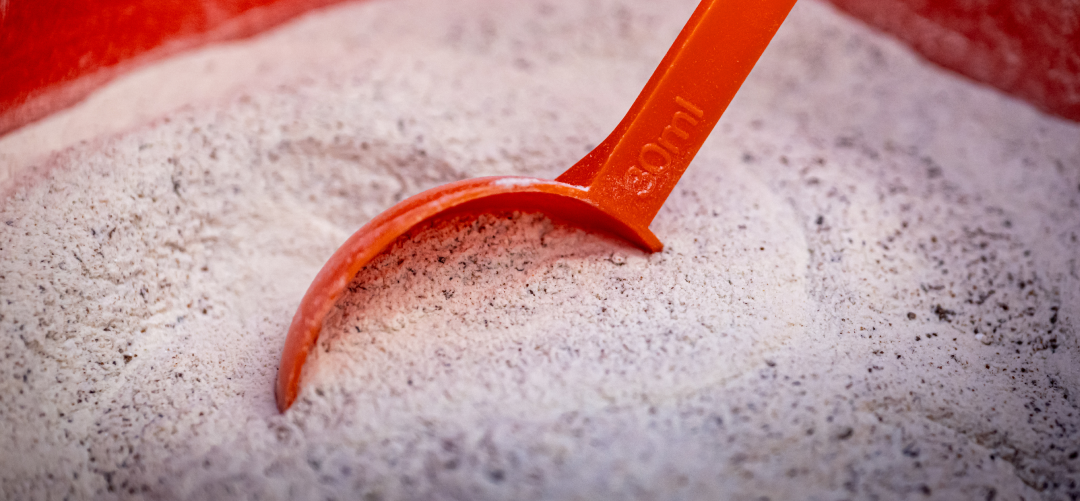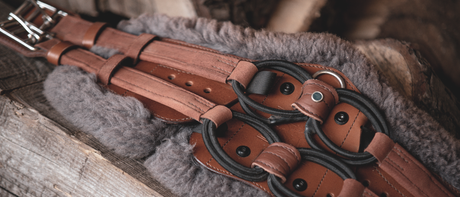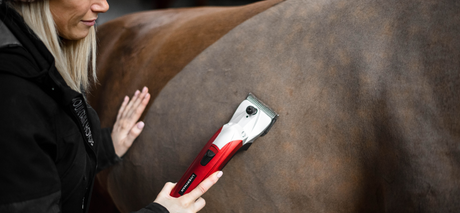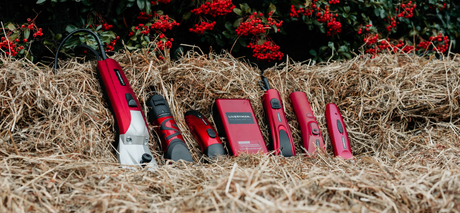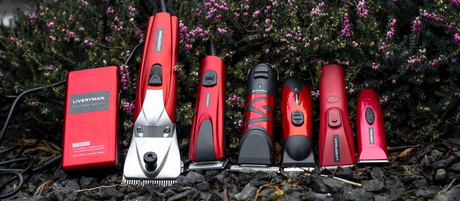As horse owners, we want our equine partners to be happy and healthy. One common, yet often overlooked, issue that can significantly impact a horse's well-being is gastric ulcers. These painful lesions in the stomach lining can affect any horse or pony.
What are Equine Ulcers?
Equine Gastric Ulcer Syndrome (EGUS) refers to erosions or ulcers in a horse's stomach lining. Horses continuously produce stomach acid. When natural grazing patterns are disrupted, or horses experience stress, intense exercise, or certain diets, the stomach lining becomes vulnerable to acid damage.
There are two main types:
- Equine Squamous Gastric Disease (ESGD): Ulcers in the upper, unprotected part of the stomach.
- Equine Glandular Gastric Disease (EGGD): Ulcers in the lower, acid-secreting part, which has some natural protection.
Signs to Look For
The signs of ulcers can be subtle. Watch for:
- Changes in appetite or picky eating
- Weight loss or poor condition
- Dull coat
- Increased irritability or girthiness
- Poor performance or reluctance to go forward
- Mild, recurrent colic
- Teeth grinding
Why Do They Happen?
Several factors contribute to ulcers:
- Stress: Travel, competition, routine changes, or confinement.
- Diets: High-grain, low-forage diets.
- Exercise: Intense work can cause acid splash.
- Infrequent feeding: Long periods without food.
- Medications: Long-term use of NSAIDs.
Diagnosis and Treatment
The only definitive diagnosis is via gastroscopy by a vet. Treatment typically involves medications to reduce acid production.
Maintenance and Gut Health: Our Product Recommendations
While veterinary treatment addresses active ulcers, ongoing gut health support is crucial for prevention and recovery. At GS Equestrian, we offer a range of supplements to promote a healthy digestive system:
-
Protexin Acid Ease: A palatable paste designed to quickly soothe the stomach with antacids and prebiotics. Ideal for stress or daily maintenance.
-
NAF GastriAid: Combines antacids with prebiotics and probiotics to balance stomach acid and support gut flora.
-
Science Supplements GastroKind: Provides comprehensive gastric support with antacids, glutamine, prebiotics, and soothing herbal extracts.
-
NutriScience Gastro Care: Features antacids, prebiotics, and ingredients to strengthen the stomach's natural defences. Great for horses under stress or in training.
-
Foran Nutri-Guard: This scientifically advanced supplement offers complete gut care by supporting both stomach and hindgut health. It contains prebiotics, postbiotics, B vitamins, pectin, and amino acids to promote appetite, optimise feed utilisation, and buffer stomach acid. Ideal for horses prone to acidity, hindgut acidosis, or those under stress.
-
Protexin Gut Balancer: A daily probiotic and prebiotic supplement to maintain a balanced and efficient digestive system, indirectly supporting overall gut health.
Top Tips for Ulcer Prevention
- Constant forage access: Mimic natural grazing with hay or pasture 24/7.
- Reduce grain/concentrates: Prioritise high-quality forage.
- Small, frequent meals: If concentrates are needed.
- Minimise stress: Consistent routines and turn-out.
- Fresh water always available.
By understanding ulcers and providing proper care, including targeted supplements, you can significantly improve your horse's comfort and well-being. Explore our digestive health range!
Please note: This blog post provides general information on equine ulcers and features products available at GS Equestrian & Country. While we share details provided by manufacturers regarding their products' intended benefits for gut health and maintenance, individual results may vary. Always consult with your veterinarian for diagnosis and treatment of ulcers or any other health concerns.

